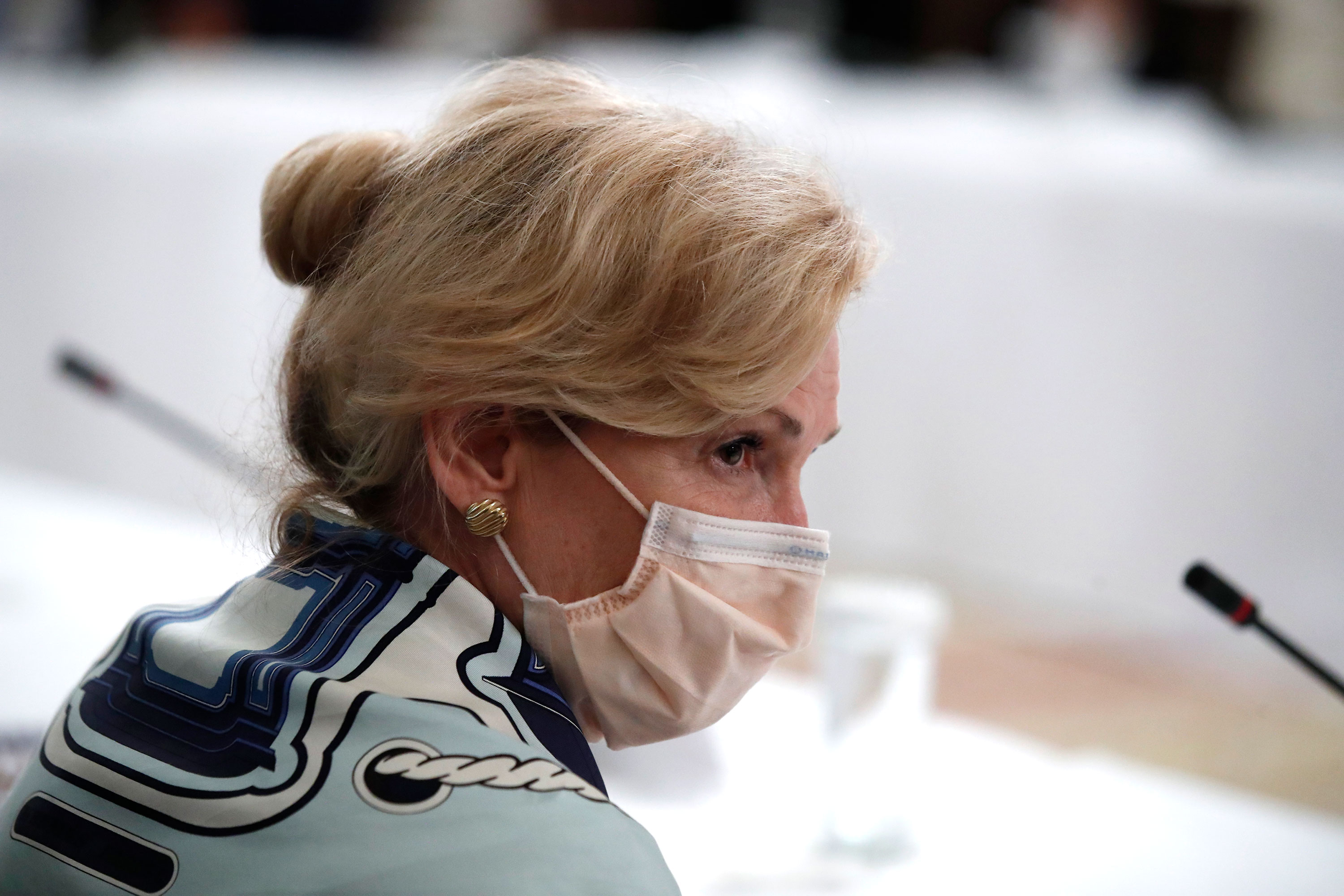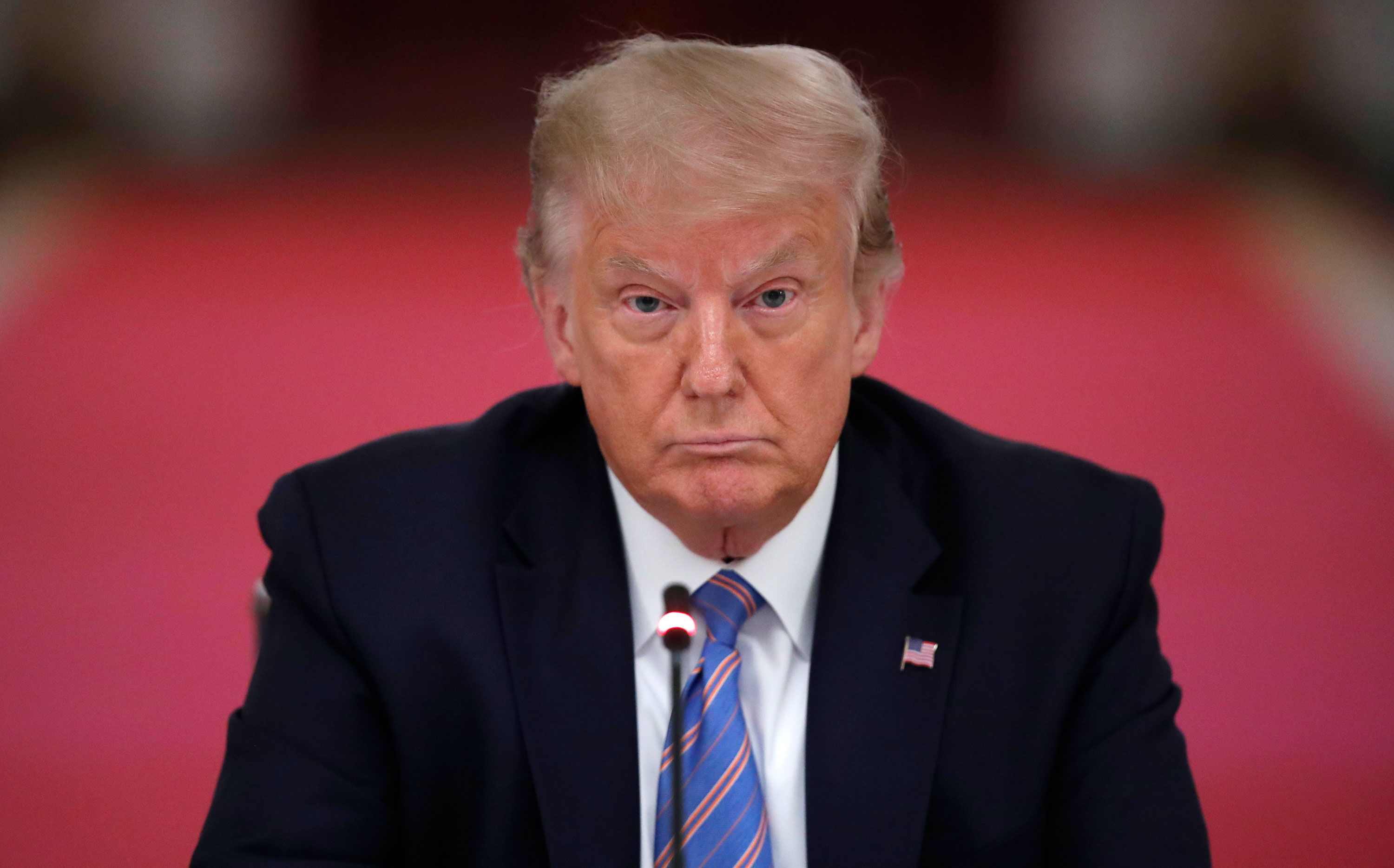In response to surges in coronavirus cases, the Department of Health and Human Services announced Tuesday the launch of new testing sites in three hotspots — Jacksonville, Florida; Baton Rouge, Louisiana; and Edinburg, Texas. The sites will offer 5,000 tests per city each day, according to an HHS press release.
On a call with reporters Tuesday, US Assistant Secretary for Health Brett Giroir acknowledged that wait times for test results at commercial labs are generally increasing, though he said the US is now doing an “unprecedented” level of tests and is averaging more than 600,000 per day.
Three large testing labs have reported increased wait times for test results.
Giroir said test turnaround times in Montana and the District of Columbia are averaging four to five days, whereas other states have shorter average waits.
“We did anticipate that the lab capacity would at some point in time come close to reaching a max. I’m not saying it’s at a max now, but we are certainly pushing the frontiers,” said Giroir, who emphasized that while testing is an essential component of the fight against the virus, it’s not the most important.
“The most critical factor is personal discipline. It’s the physical distancing, wear a mask, avoid crowds,” Giroir said.
Giroir said greater availability of rapid “point of care” tests in comings months should lower the burden on some laboratories. He said he expects that by August or September, the point-of-care test market will grow to 10 to 20 million tests per month, though he said such tests are slightly less sensitive than lab-based tests.












